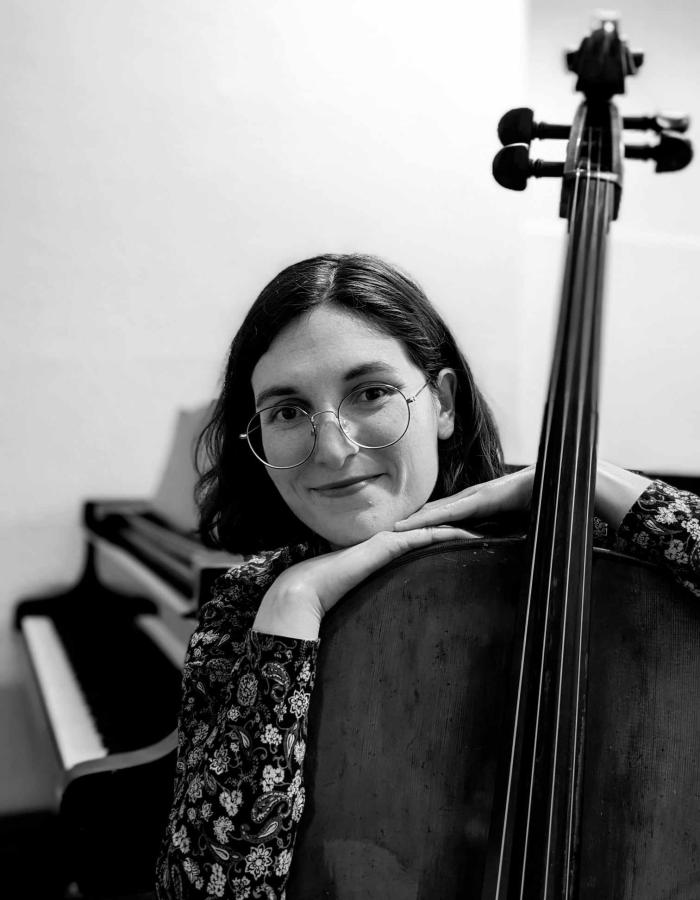Dr Anastasia Zaponidou (Prifysgol Bangor University)

On the 17th of June 1911, just one week before the coronation of King George V, hundreds of groups advocating for the enfranchisement of women marched across London to campaign for the vote. Among those present was May Henrietta Mukle (1880-1963), known as the “greatest lady ’cellist of the world”, following the banner of the Musician’s Section of the Actresses’ Franchise League alongside other famous artistes. Despite Mukle’s active participation in the suffrage movement and her lifelong open advocacy of women in the music profession, popular press narratives of her career at the time and since her death have overlooked this significant aspect of her musical life.
This paper will trace the musical activism of May Mukle and her sisters, all of whom were professional musicians, establishing their connection with the suffrage movement as well as organisations advocating for musical women’s professional emancipation. The paper will ask: how were these professional musicians involved in suffrage activism in early twentieth-century Britain and how did they contribute toward women’s professional emancipation? Through an examination of archival documents, including newspapers, annual reports and other society ephemera, the paper will endeavour to answer this query, providing a unique insight into the sisters’ activities. Lastly, it will raise questions regarding the various ways in which musicians were able to contribute toward women’s emancipation action, both from a political angle and within the musical profession itself.
